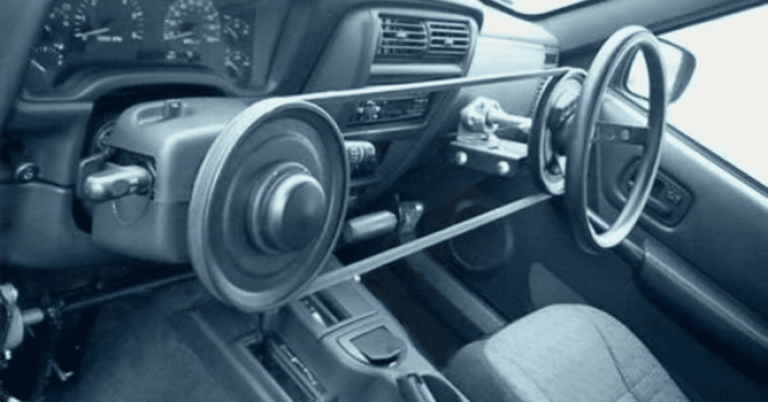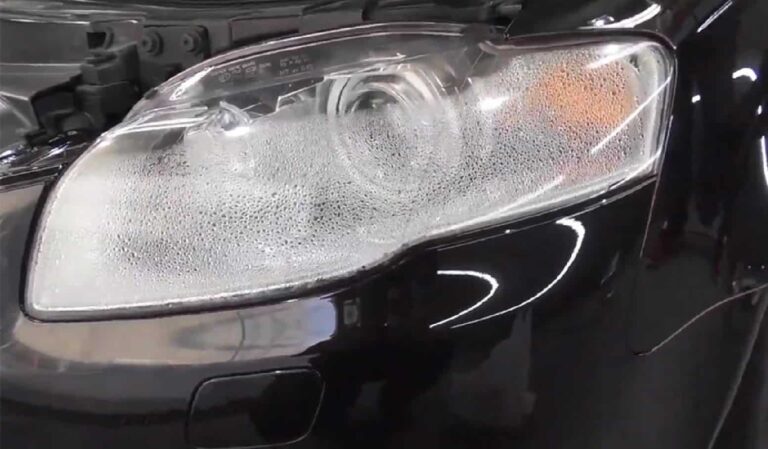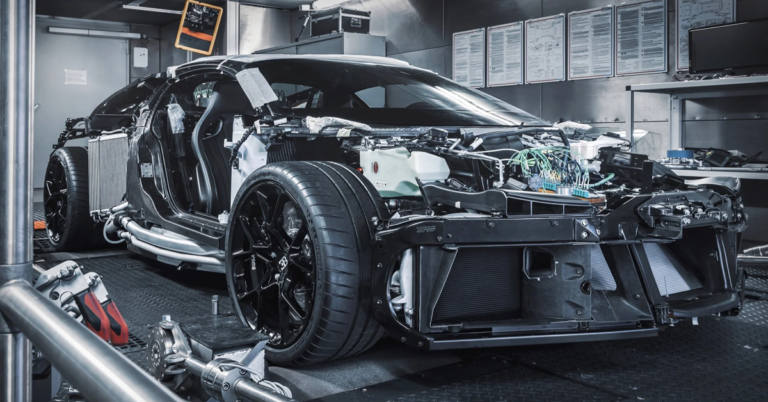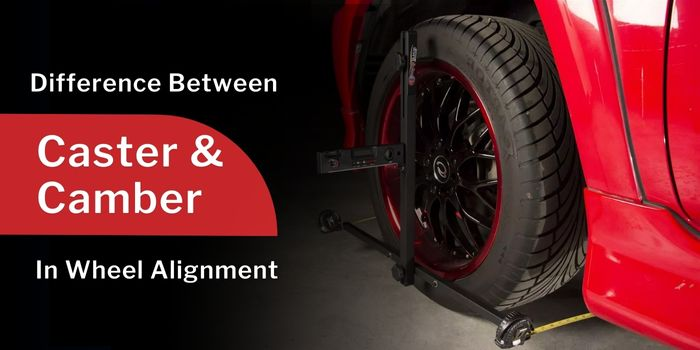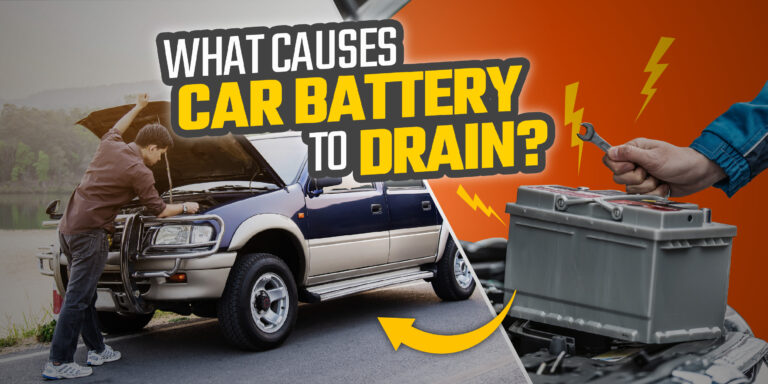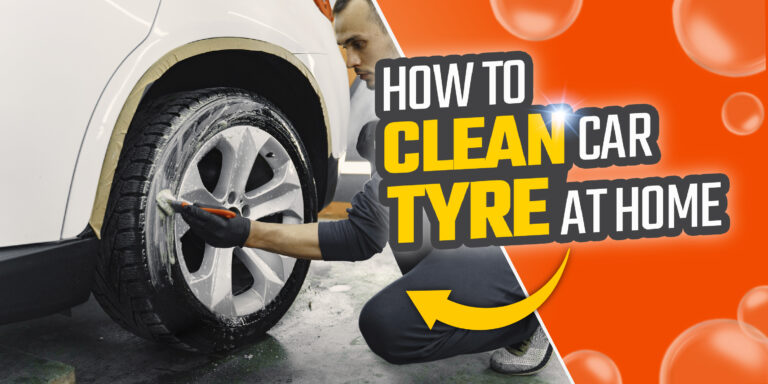
If you live in India, you would agree that buying a new car is an auspicious moment in our country. As per a survey, India has 22 cars per 1,000 individuals and even though the sales have been increasing, we are still behind some European countries where almost every person owns a car.
Due to the relatively limited sales, the Indian car market is scattered and there is considerable scope of bad dealer practices. Now since you don’t want to be a victim of such fraud, we tell you the top 10 crucial things one should definitely consider before going for a new car purchase.
Choosing the Right Car
Casually walking into the showroom and letting the salesperson decide the car for you is not recommended in today’s day and age. Thanks to the available resources on the web, choosing the right car well under your budget has become an easy task. From choosing the correct brand as per your need to selecting the fuel type, it takes time and in-depth research.
1: Select right brand/model –
People often regret buying a car that got discontinued just after the purchase or even worse, the brand left the market. To avoid that, take a look at how the vehicle has been performing in the market and what’s its life cycle timeline. Also, consider the body type depending on your use. For example – Buying a low-slung sedan won’t be an ideal option if you tend to travel on unfinished patches of roads more often.
2: Set budgets for cost of ownership and depreciation –
Now here it becomes complicated and a lot of new car buyers tend to ignore this point. You should be prepared for the cost of ownership before signing the cheque to avoid any unwanted surprises. Knowing the depreciation rates, which vary for different brands and cars, is important and a crucial factor while shortlisting your new car.
3: Always test drive –
Test driving the cars is an important aspect before buying a new car. No matter how many experienced reviewers you have watched praising the car, it’s you who will be living with it on a daily basis. In addition to that, take an extensive test drive of the car you have shortlisted on the roads and in the environment you will be using it the most. It will give you a better understanding of the real-world performance, comfort and NVH levels.
4: Petrol or Diesel – With the Stringent Emission Norms Looming
A few years ago, choosing between petrol and diesel fuel was solely dependent on your monthly mileage and whether the premium over the petrol is masked with long term fuel cost savings or not. Unfortunately, since the advent of stringent BS6 emission norms, a few more technical factors are to be considered. The proper functioning of a BS6 diesel engine depends on the conditions of use, quality of fuel and a lot more.
Just for an instance, if most of your commute happens within the city limits, the engine won’t be able to run its DPF (Diesel Particulate Filter) cleaning cycle and that can result in DPF clogging. Such cases are largely seen with the smaller capacity diesel engines and engines with SCR (Selective Catalytic Reduction) and Urea filtration are not affected with such concern, to some extent. It is advised to go for the diesel option only if you travel more on the highways and not under the city limits.
5: Safety Must be Paramount
Global NCAP has done a phenomenal job in influencing people to take safety as a major purchase criteria. For a few years, Indian customers have started showing interest in crash test results and corresponding safety features – both active and passive. Having the necessary safety features in your car must be paramount. In the year 2021, dual airbags, ABS, rear parking sensors, speed sensing alarm etc are standard. However, if possible, you should also consider the Electronic Stability Program (ESP), seatbelt pre-tensioners and Traction Control (TC) as a basic safety kit.
6: Shop Before Locking the Deal
You should look for the best offer and not lock the first deal you get. Car dealerships work on good profit margins and a thorough negotiation can get you fantastic pricing. To have a better idea, ask the dealer for the ex-showroom price before taxes and other expenses like insurance, accessories etc. You should enquire about your new car and get quotations from multiple dealerships. Sometimes, getting the quotation from a different city helps as prices of some cars vary from city to city. By putting your best offer to your preferable dealership, the prices will come down drastically and this practice will save you good money.
7: Ask for VIN from the Dealer
The recent lockdowns have resulted in a pile-up of stock at dealer stockyards. While some dealers take care of their warehouses and stockyards well, others are rather ignorant in that regard. Vehicles parked for long under the effect of monsoon can result in rusting and other rodent damage to the car. Hence, to know the manufacturing of the car, ask for the VIN number from the dealer and check the official manufacturing date. If the vehicle is in good condition but has been parked in the stockyard for long, you can use it as an opportunity to ask for a good discount from the dealer.
8: Avoid Handling Charges and Settle for Cash Discount Over Accessories
Car dealerships often ask the customers to pay the handling charges which generally includes expenses of parking, car care and fuel expenses. It is worth noting that the car isn’t under your ownership until you pay for it. Hence, any expense incurred for the care of the car is the responsibility of the dealer. The customer is not supposed to pay such expenses and you can simply deny paying handling charges. Car dealers also offer free accessories to lure the customers but rather than opting for those free accessories, you should ask for an equivalent cash discount. Car dealerships always charge more money for the accessories than the market price. You can get the same accessories from local vendors and save good money.
9: Get Your Own Insurance
Dealers often charge more from the new car buyers for insurance at the time of purchase and it’s a common practice across the country. Sometimes, you can be asked to pay up to 50 per cent more than the actual value of the insurance, citing other charges and heavy commission. You are free to simply deny the insurance and get your car insured from outside. That will help you save a lot of money and you will be able to modify the policy as per your needs. In addition to that, as you are free to choose the insurance company, you can take advantage of NCB (No Claim Bonus) on your older vehicle.
However, getting the insurance from the dealer results in a more streamlined process while calling for a claim as the paperwork and miscellaneous work becomes the responsibility of the dealer. But to prevent that extra effort, you can also take the same policy that the dealership is offering from outside with the benefit of discounted premium.
10: Don’t Pay for Insurance and RTO before PDI
To get an assured purchase, you should never pay the full cost of your new car in one go. Doing a thorough pre-delivery inspection is always advised and if the car has been listed in your name, even at the dealership level, you can not cancel the purchase. Hence, always offer the ex-showroom price of the car, at max and hold the insurance and RTO charges. Once you are satisfied with your new car in every way, you can pay the rest of the price and take the delivery.
11: Say No to Teflon and Anti-rust Coating
Teflon coating and anti-rust coating are unnecessary expenses on your pocket. Dealerships often put pressure on the buyers to opt for such coatings as it includes a good profit margin for the dealer but very little benefit for the buyer. Carmakers provide anti-rust coating from the factory and some brands even offer a reassuring anti-rust warranty. Even if you are sceptical of rusting in the long run, you can get it done from your trusted workshop at way lesser prices. Talking of the Teflon coating, you can go with PPF or ceramic coating that are surely a bit expensive but provide safety and quality of paint in a true sense.
12: Get Extended Warranty and Service Packages at the Time of Purchase
Owning a car these days can be full of surprises. Premature part failures and electronic glitches are common in some of the new cars. Hence, you should always opt for an extended warranty for at least five years. That will cover you from unwanted expenses and keep the cost of ownership low. Car dealerships have also started offering one-time service packages and you are asked to pay a one-time fee for a tenure of the periodic maintenance cycle. If the package seems cost-effective, you can opt for it at the time of the purchase as prices will gradually increase with respect to the period of ownership.

